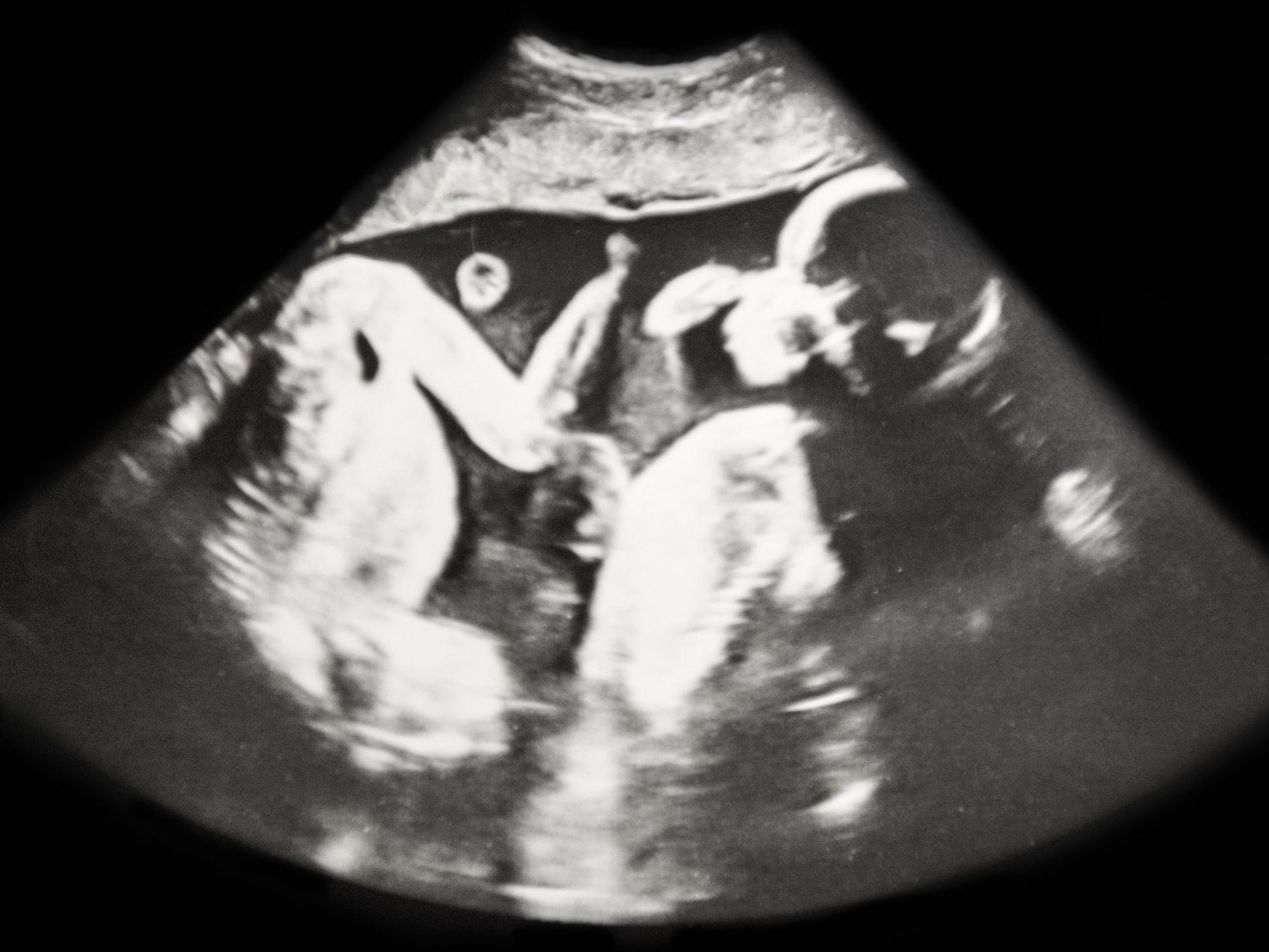Testosterone from a brother in the womb can make female twins less successful, study suggests
Scientists find potential impact of male hormone exposure on everything from education success to money earned in later life

Girls born with male twins may have their lives profoundly altered thanks to early exposure to their brothers’ testosterone.
A new study suggests women who shared their mother’s womb with a male foetus are less likely to complete school or university, and tend to earn less when they grow up.
Scientists also detected an impact on the number of children and marriage rates, after examining data concerning thousands of twins born in Norway.
The effects were attributed to the “twin testosterone-transfer hypothesis”, in which hormones transferred to female twins from males have lasting effects on their behaviour.
In animals born in litters, such as rats, studies have shown that female foetuses exposed to their male siblings’ testosterone end up behaving more like typical males.
While previous studies have suggested a similar effect may be taking place in humans when male and female twins are developing together, it has proved difficult to demonstrate comprehensively.
“Male” behaviours such as increased aggression have been measured at higher levels in girls born with male twins, but scientists think this could equally be the result of growing up with a brother.
In the largest and most comprehensive study of its kind, scientists used data on nearly 14,000 twins, including pairs of boys and girls in which the boy had died at an early age.
This allowed them to isolate the impact of developing in a womb with a male twin, without any of the social pressure from growing up with them.
“We are not showing that exposed females are necessarily more ‘male-like’,” said Dr David Figlio, one of the study’s co-authors at Northwestern University.
“But our findings are consistent with the idea that passive exposure to prenatal testosterone changes women’s education, labour market and fertility outcomes.”
Compared to female twins who shared a womb with other females, at the age of 32 those with twin brothers were 15 per cent more likely to drop out of high school, 12 per cent less likely to be married, and earned nearly 9 per cent less.
In their study, published in the journal Proceedings of the National Academy of Sciences of the United States of America, the scientists concluded this was strong evidence for male hormones having a lasting impact.
While male twins are also exposed to female hormones in the womb, there is little evidence for oestrogen triggering comparable effects either in animals or humans.
The scientists said their results were particularly relevant given the massive increase in twin births in recent years, which is the result of a surge in the use of in-vitro fertilisation (IVF).

However, they said it was important to note that every twin’s outcome would be different, and they did not advocate against the use of IVF.
They also noted the outcomes they measured did not necessarily capture the full picture, as they were only relevant for Norwegian society in recent decades and may mask these women outperforming people in other tasks.
“If gender norms change within a society, acceptance of a wider array of behaviours could minimise later effects on outcomes like school completion or entering a marriage,” said study co-author and anthropologist Dr Christopher Kuzawa.
“Basically, we find that there are some very interesting long-term biological effects of being a sister to a twin brother.
“But whether we view those effects as ‘positive’ or ‘negative’ may be culturally dependent.”
Join our commenting forum
Join thought-provoking conversations, follow other Independent readers and see their replies
Comments
Bookmark popover
Removed from bookmarks